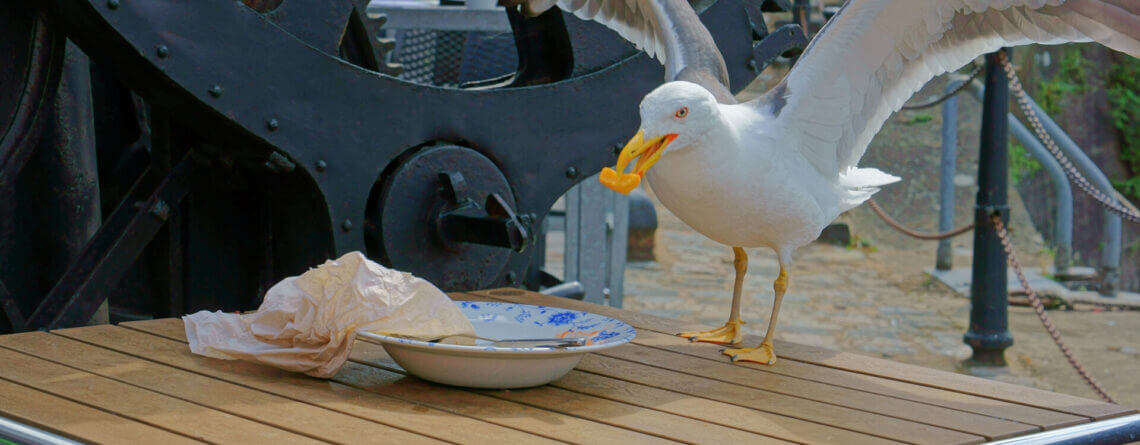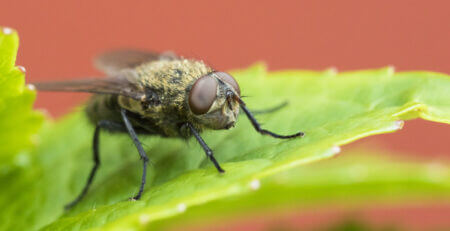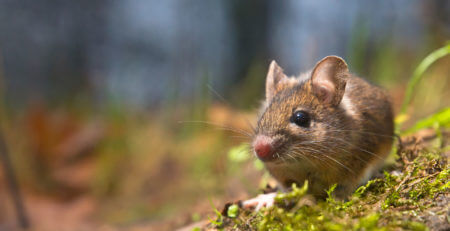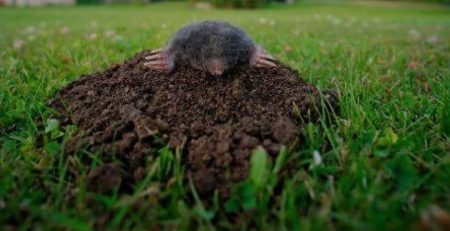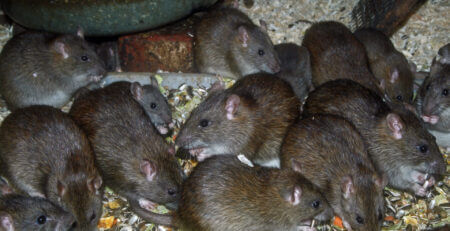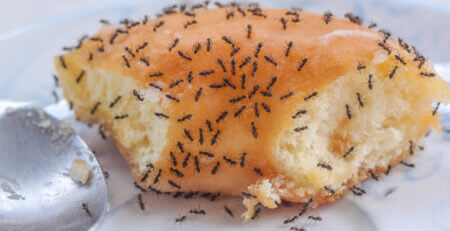Health and Safety Risks Associated with Bird Infestations
Introduction: Birds are a part of our natural environment and can bring joy with their songs and graceful flights. However, when bird populations grow unchecked and they infest our homes or commercial spaces, they can pose health and safety risks. In this article, Pest Control Direct aims to provide an in-depth understanding of the health and safety risks associated with bird infestations. By recognizing these risks, individuals and businesses can take appropriate measures to mitigate potential harm and ensure a safe living or working environment.
Health Risks of Bird Droppings
Bird droppings may seem harmless, but they can carry various pathogens and pose health risks. Here are some potential concerns:
- Respiratory Issues: Dried bird droppings can release airborne particles that, when inhaled, may cause respiratory problems such as allergic reactions, asthma exacerbation, and histoplasmosis (a fungal lung infection).
- Bacterial Infections: Bird droppings can harbour bacteria like Salmonella, E. coli, and Campylobacter. These bacteria can contaminate surfaces and food, leading to gastrointestinal illnesses if ingested.
- Fungal Infections: Certain fungi, such as Aspergillus, can grow on bird droppings and release spores that, when inhaled, may cause respiratory infections and allergic reactions.
- Slip and Fall Hazards: Accumulated bird droppings on walkways, stairs, and other surfaces can create slippery conditions, increasing the risk of slip and fall accidents. This is especially true in areas with high bird activity or where droppings are not promptly cleaned.
- Aggressive Bird Behaviour: Some bird species, particularly during their breeding season or when protecting their nests, may exhibit aggressive behaviour. This can pose risks to humans, pets, and other wildlife. Dive-bombing, swooping, and pecking are common aggressive behaviours observed in birds defending their territories.
- Structural Damage: Birds, through their nesting and roosting habits, can cause structural damage to buildings and properties. They may block gutters and drainage systems with nests or accumulated droppings, leading to water damage, dampness, and potential structural weaknesses.
- Noise Disturbances: Large populations of birds, especially during their active times such as dawn or dusk, can create noise disturbances that affect the comfort and well-being of individuals living or working in the vicinity. This can impact sleep patterns, concentration, and overall quality of life.
- Zoonotic Diseases: Birds can carry zoonotic diseases that can be transmitted to humans. For example:
- Avian Influenza: Certain strains of avian influenza (bird flu) can be transmitted to humans, leading to severe respiratory illness and potentially causing pandemics.
- Psittacosis: Psittacosis is a bacterial infection transmitted from birds to humans, primarily through inhalation of contaminated dust particles or direct contact with infected birds. It can cause flu-like symptoms and, in severe cases, pneumonia.
Mitigating Health and Safety Risks
To mitigate the health and safety risks associated with bird infestations, proactive measures should be taken:
Proper Hygiene Practices:
- Avoid direct contact with bird droppings and use protective equipment (gloves, masks) when handling contaminated materials.
- Wash hands thoroughly after potential exposure to bird droppings or contaminated surfaces.
- Clean and disinfect affected areas using appropriate disinfectants or seek professional cleaning services.
Prompt Removal of Bird Droppings:
- Regularly clean and remove bird droppings from surfaces to prevent accumulation and reduce the risk of airborne particles or slip hazards.
- Follow safe practices and use appropriate personal protective equipment (PPE) when performing cleaning tasks.
Structural Modifications and Deterrents:
- Identify and seal off entry points where birds may gain access to buildings or structures.
- Install physical deterrents such as netting, spikes, or wire systems to prevent birds from nesting or roosting in vulnerable areas.
Professional Bird Control Services:
- Consult with professional pest control services experienced in bird control for comprehensive assessments and tailored solutions.
- Pest control experts can provide effective and humane methods to deter birds, mitigate risks, and ensure compliance with legal and ethical guidelines.
Conclusion
Bird infestations can pose significant health and safety risks. Understanding the potential hazards associated with bird droppings, aggressive behavior, structural damage, noise disturbances, and zoonotic diseases is essential for individuals and businesses. By implementing proper hygiene practices, promptly removing bird droppings, modifying structures to deter nesting, and seeking professional bird control services, the risks associated with bird infestations can be mitigated, creating a safer and healthier living or working environment for all.

